The arts are vital to any and all communities on this earth. Whether you are a willing participant or not, every one of us plays a role in creating, altering and renewing elements of our surrounding culture on a daily basis. Having an educated awareness of this culture and actively engaging with it, formally or informally, is key to a holistic approach to life and an appreciation of what is around us.
No matter what industry or how many industries a person enters in their lifetime, there are a certain collection of skills that are directly transferable to each and every job role. Those skills are at the core of what we teach through music, drama, visual arts, media and dance within the creative arts.
Confidence. Creative thinking. Improvisation. Collaboration. Compromise. Integrity. Vision. Imagination. Open-mindedness. The list goes on.
The educational benefits of an arts education are abundant. In all avenues of working life, what sets some apart from the rest is the ability to see through chaos and find clarity; to imagine, improvise and recreate and to fearlessly challenge a norm in order to find alternate and better paths.
These are the skills that we teach through music making, dramatic performance and improvisation, artistic design as well as visual manipulation through use of technologies.
An education in the arts is based on the belief that although we are teaching artistic conventions, rules and theories, that we are also teaching the freedom to create, experiment, eradicate boundaries of possibility and fostering an environment where success is determined by a willingness to fail.
The arts are about looking beyond the self. Listening, feeling, sensing and moving, but most importantly reacting; and reacting to the ever changing culture of the world around you.
What is imperative for all future students is an awareness of the importance of maintaining a broad collection of subjects/studies through to the HSC and after secondary schooling. Not only is this vital for the variety in a student’s day to day schooling life, but for students to readily see the transferable skills they learn in the arts coming into play in their other areas of study and social lives.
Furthermore, an education in the arts is never ‘stand alone’. The importance of cross-curricular integration within the arts allows students to experiment and diversify; finding new approaches to old techniques as well as cohesiveness and connectivity in all areas of art, and indeed life.
Written by Andrea van den Bol, Dean of Creative Arts, The Scots College.






